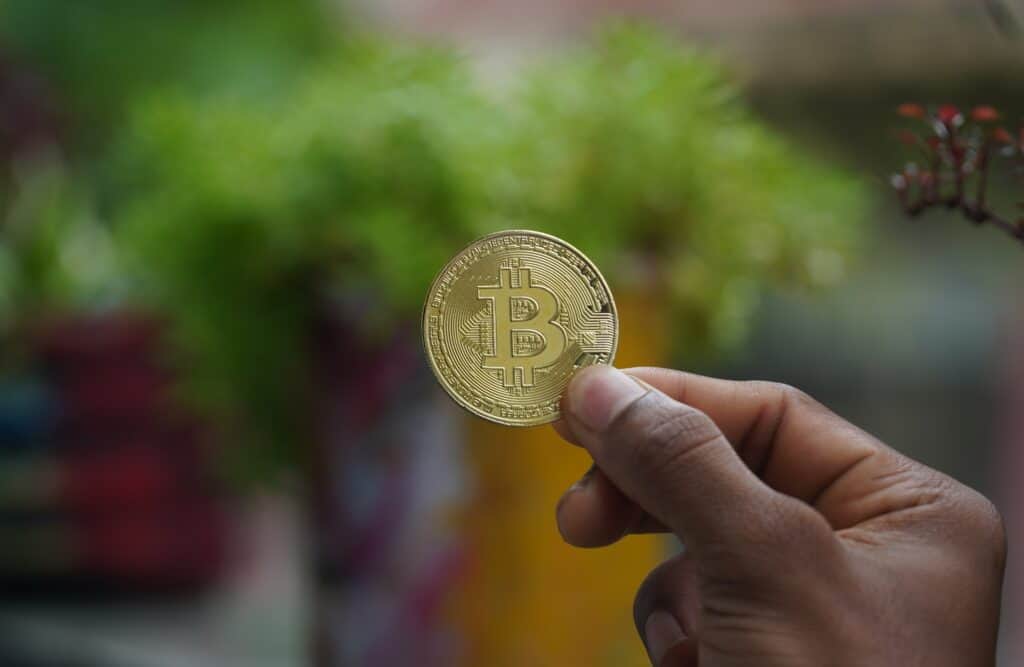America’s yawning racial divide is no secret. In 2019, the median wealth of white families was $160,000 — compared to just $9,000 for Black families.
There’s been growing interest in finding ways to close this divide. That’s a good thing. But unfortunately, some ideas simply aren’t backed by evidence. One troubling example is cryptocurrency.
Luminaries like Spike Lee
have promoted crypto as a way for Black families to grow their wealth. Yahoo Finance proclaims that “Black Americans are leading the crypto revolution,” while the Washington Post says “more people of color are turning to cryptocurrency.”
A University of Chicago poll suggests that nearly 44 percent of the Americans who own crypto are people of color. Many stories also mention a Harris poll claiming that 23 percent of all African Americans have invested in crypto.
Those are impressive figures, but they may overstate the case. A Morning Consult
poll found that a modest 8 percent of crypto owners are African American. And even for most of them, the numbers don’t seem to add up to real wealth.
Collectively, African Americans would need an extra $10 trillion to enjoy a share of America’s wealth that’s proportional to their population. But according to one survey, the median crypto investor holds just $191 worth of crypto.
That’s not going to close a $10 trillion gap anytime soon.
Several new stories have profiled an African American crypto millionaire named Terrance Leonard. In 2019, the story goes, Leonard invested in crypto and saw strong returns — so strong that he cashed out his 401K and invested tens of thousands of dollars more. Eventually, he became a millionaire.
Leonard’s story is meant to convey that anyone can become a crypto millionaire. But upon further exploration, it shows the opposite.
Leonard was a software engineer. The average base salary of a software engineer is $125,000 — far higher than the median household income in the United States, and higher still than median Black income of just $46,000. Yet even with that extra disposable income, Leonard still needed to cash out his 401K to make a substantial investment.
It worked out for him. That’s great. But few financial advisors would endorse cashing out your long-term savings for a risky investment.
In fact, things could have gone much differently for Leonard. He sold much of his crypto to buy a home in 2020. If he’d stayed in until the crypto market crashed this January, wiping out over $1 trillion, he could have lost big.
The truth is, crypto is riskier than more traditional investments. And as crypto coach Carlos Acevado advises: “’Never risk money that you are not willing to lose.”
The African American community has very little that it can afford to lose. It’s hard enough for families to pay their rent, buy their groceries, and keep up on bills. Risky investments with scarce resources are a bad bet for community economic development.
There are better ways to close the racial wealth gap while giving a leg up to Americans of every color.
Universal health care, fairer taxes on the wealthy, and expanded community credit options like postal banking would all reduce the racial wealth divide. Starting small, government-backed trusts for new babies of all races could reduce the gap by tenfold all by itself.
Crypto is a fascinating technology that could bring much change to the world. But when it comes to making our country more equal, public policy is a much sounder investment.
Dedrick Asante-Muhammad is NCRC’s Chief of Membership, Policy and Equity.
Gerardo Sanchez Herrera Morro is an intern with NCRC’s Membership, Policy and Equity team.



